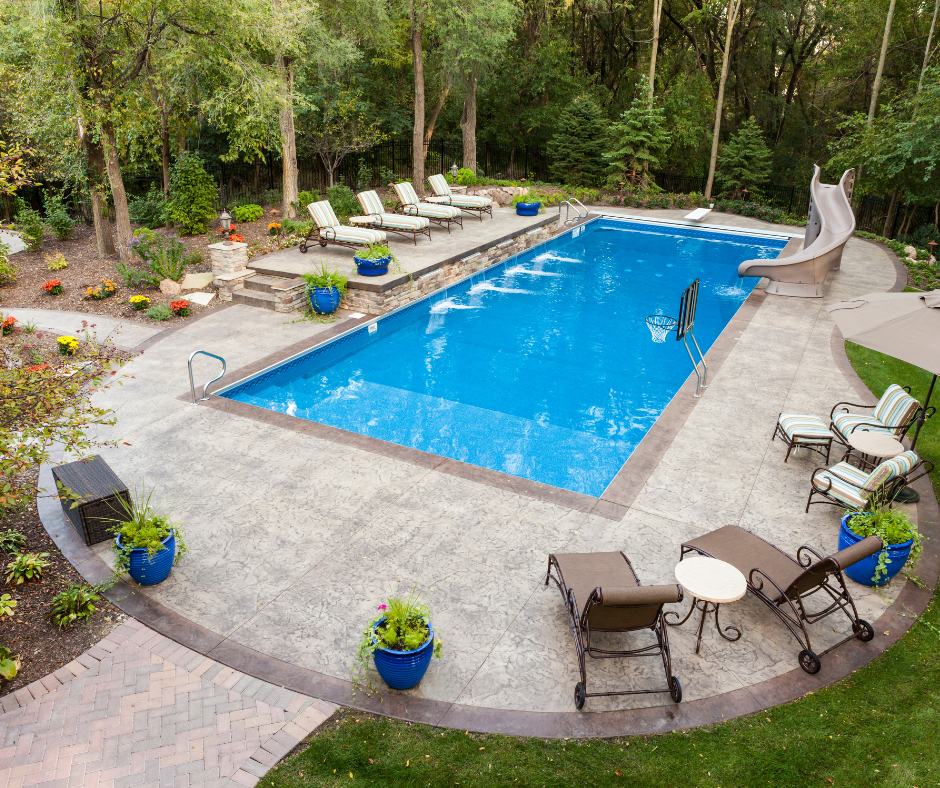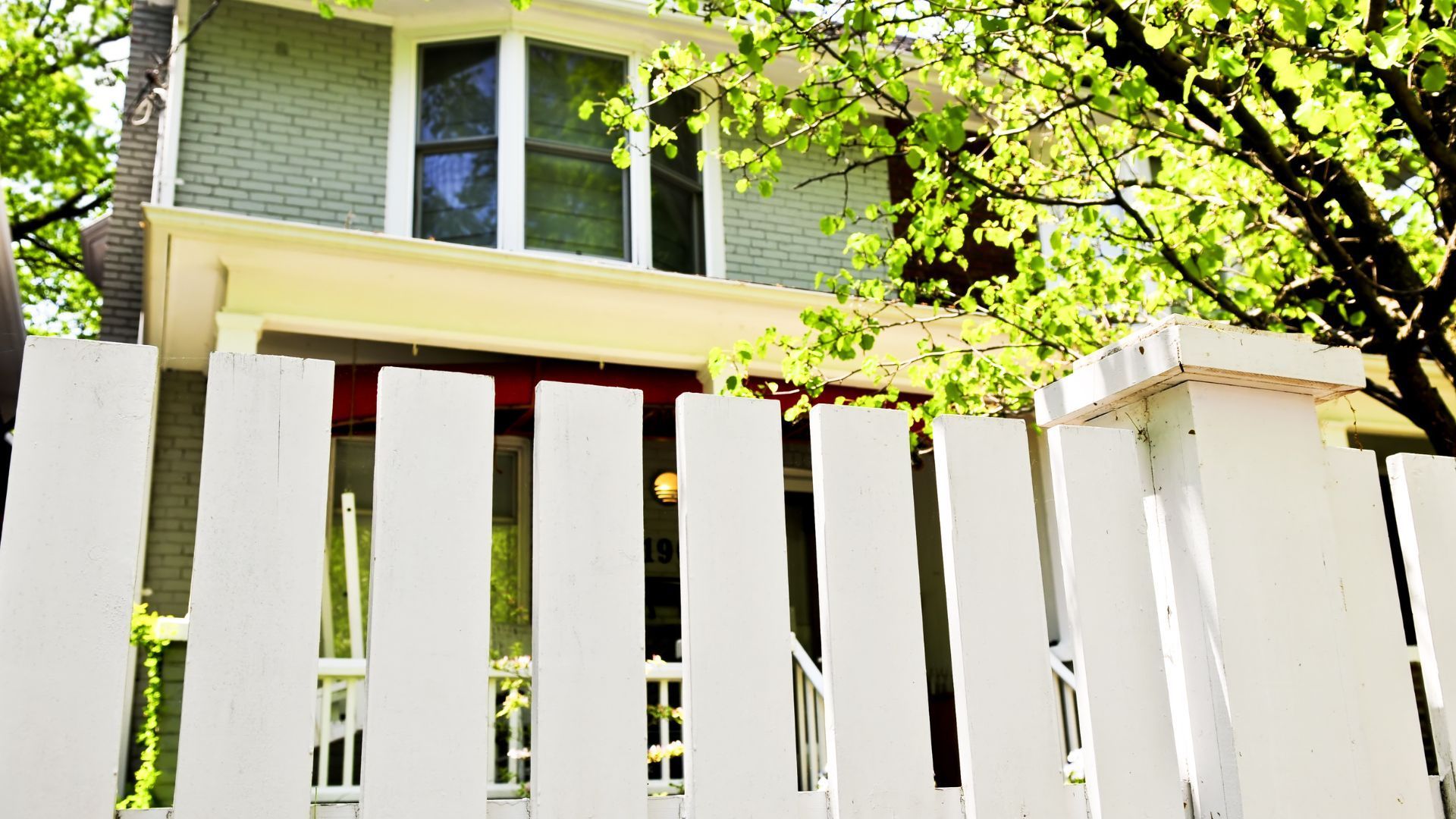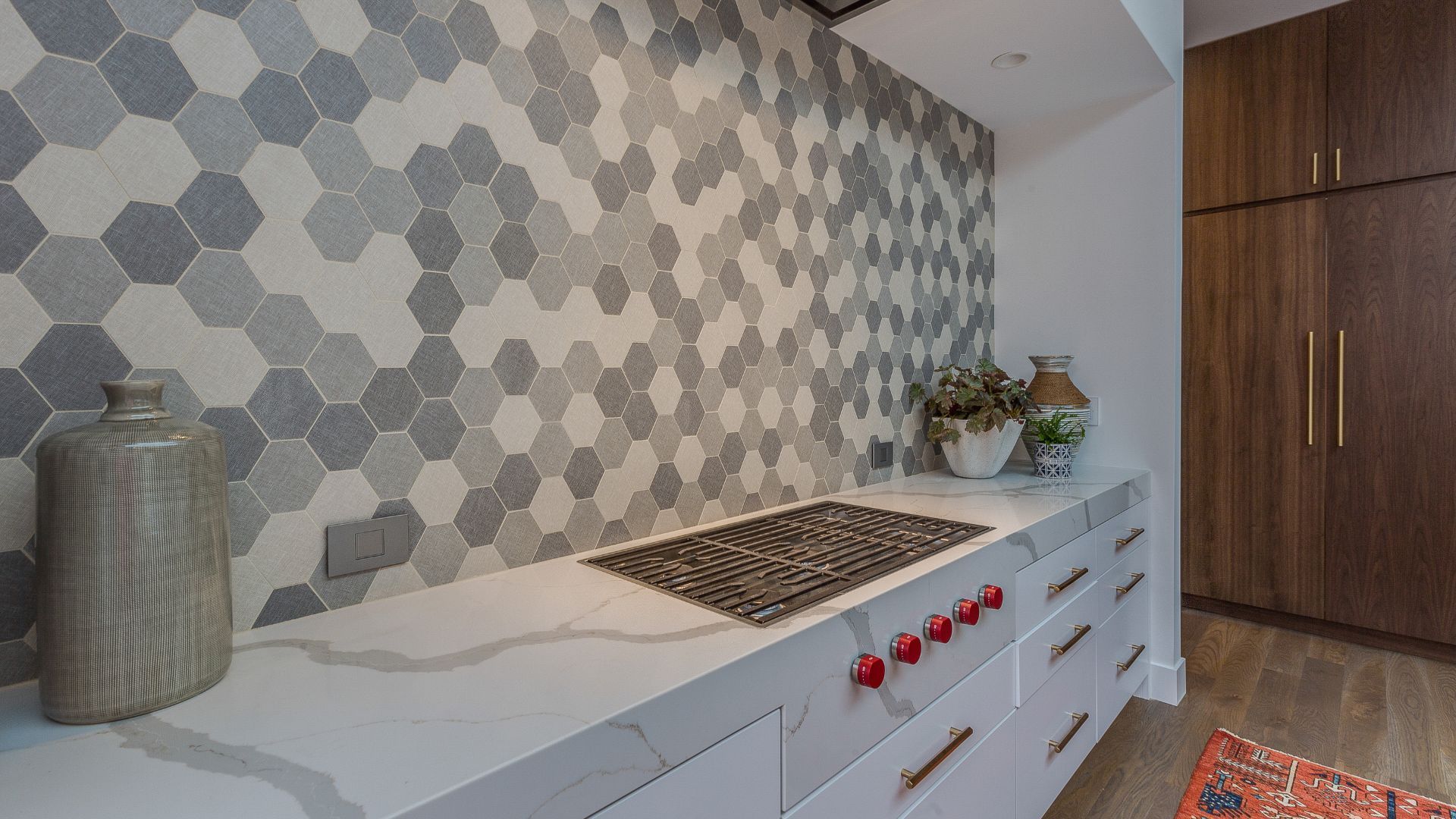What To Know About Pool Renovations
A backyard pool can be the ultimate home upgrade—whether it’s the go-to spot for summer fun, a relaxing place to unwind after a long day, or simply a peaceful, private retreat. It’s also a feature that can add real value to your property when maintained properly. But like anything else in or around your home, pools don’t stay in perfect condition forever. Concrete cracks, equipment wears out, and styles fade. Over time, that dream pool can slowly start to lose its shine.
That’s where pool renovations come in. Maybe you’ve noticed the finish is starting to peel, or your energy bills are creeping up thanks to aging, inefficient equipment. Perhaps you’re ready for a more modern look or need to add safety features to keep up with local codes or protect young kids and pets. No matter your reason, renovating a pool can bring both beauty and function back to your outdoor space.
However, as exciting as pool remodeling can be, it also comes with challenges. Without proper planning, you could end up with unexpected costs, delayed timelines, or results that fall short of your expectations. That’s why it’s crucial to approach renovations with the right mindset—and the right team. As home inspectors, we’ve seen what works and what doesn’t when homeowners decide to take the plunge.

When to Consider Pool Renovations
Not every pool needs a complete overhaul, but there are a few signs that suggest your pool is ready for some updates. Some issues are easy to spot, while others develop gradually over time. Either way, the longer you wait, the more costly they can become.
Cracked or chipping pool surfaces
If the interior of your pool is
rough, flaking, or developing visible cracks, it’s time for attention. These aren’t just cosmetic problems - they can actually cause injury and increase the risk of water loss or deeper structural damage.
Outdated or broken tile and coping
Tiles around the waterline or coping along the edge often show age before other parts of the pool. Crumbling grout or broken edges can create hazards, while faded tiles date the appearance of the whole space.
Old plumbing or filtration systems
Your pool’s equipment does a lot of behind-the-scenes work. If you hear loud noises, see air bubbles, or notice poor water circulation, your pump or filter might be on its last leg. Renovation is the perfect time to upgrade to energy-efficient systems.
Increased water or energy bills
If your utility costs have crept up without an obvious explanation, the pool could be the culprit. Leaks, poor efficiency, or worn-out heaters often go unnoticed—until the bills show up.
Faded style
Even if everything functions fine, your pool might simply look outdated. A renovation can bring your space into the current decade with sleek finishes, smart technology, and features that match your taste and lifestyle.
Renovating your pool isn’t just about improving its look - it’s about improving your experience. Every upgrade, big or small, can make your pool safer, easier to maintain, and more enjoyable for years to come.
Popular Pool Renovation Options
Once you’ve decided your pool is due for a refresh, it’s time to explore the most common pool renovations that homeowners choose. These updates can be as minimal or as extensive as your vision, and budget, allow. Let’s take a closer look at what’s possible.
Pool resurfacing
This is one of the most popular renovations. Resurfacing involves removing and replacing the interior finish of the pool. Common materials include plaster, pebble, quartz, and glass tile. Each offers different textures, color options, and maintenance levels.
New decking and coping
Replacing your deck with materials like pavers, stamped concrete, or natural stone can completely transform the space. Coping—where the pool edge meets the deck—is also customizable and improves both safety and style.
Plumbing and equipment replacement
Renovation is the ideal time to swap out noisy, outdated equipment. Variable-speed pumps, energy-efficient heaters, saltwater systems, and modern filtration units all contribute to better performance and lower monthly bills.
Smart lighting and automation
Technology has changed how homeowners interact with their pools. With automated systems, you can control lighting, temperature, and cleaning functions with a smartphone app. LED lighting adds ambiance and safety while consuming less power.
Safety features
Every pool renovation should consider safety. New fencing, safety covers, and alarms are not only smart—they may also be required by local code. These additions give peace of mind, especially for families with kids or pets.
Energy-efficient upgrades
Energy-efficient pool renovations have become increasingly popular. Solar heaters, variable-speed pumps, and timers for lights and filtration all reduce the environmental impact and can significantly cut down operating costs.
Each one of these options adds value to your property and improves your everyday experience. But before you jump into construction, there’s one important step that homeowners often overlook: a professional inspection.
What a Home Inspector Checks Before Renovation
Not all issues are visible from the surface. An experienced home inspector takes a deeper look at the structure, systems, and safety elements of your pool before any work begins. One of the first things we evaluate is the integrity of the pool shell. Cracks in the plaster or concrete might seem like surface problems, but they could point to settling issues or deeper structural concerns. If left unchecked, these problems could affect the entire renovation. The surrounding deck is also part of the equation. We look at drainage around the pool, checking for puddling water, improper slope, or erosion that may cause long-term damage.
Your pool’s mechanical systems also deserve a close inspection. We test the pump, heater, filter, and plumbing to ensure everything works efficiently. If we discover leaks, rusted connections, or failing parts, we’ll recommend replacing them during the renovation process. It’s far more efficient to deal with equipment while the pool is already being worked on. Electrical safety is another major focus. Pool lighting, outlets, timers, and bonding systems all need to meet current code requirements. Faulty or outdated electrical systems pose a serious hazard and should always be corrected as part of any renovation.
We also inspect for safety compliance. That includes checking for proper fencing, self-latching gates, approved drain covers, and alarms. These aren’t just suggestions—they’re often required by law. Even if your pool was built before current codes were in place, renovations are a good time to get everything up to date. When the inspection is complete, you’ll have a full picture of your pool’s condition and a solid plan for renovation that prioritizes safety, compliance, and long-term performance.

Planning a Pool Renovation the Smart Way
Before you hire a contractor, sit down and map out your goals and budget. Not all pool renovations are the same, and cutting corners can lead to more problems later.
- Create a budget with a cushion: Unexpected issues can come up once the project starts.
- Research local permits and codes: Renovations often require approval, and you want to be sure everything is legal.
- Choose materials with care: Some finishes require more maintenance or don’t hold up well in certain climates.
- Hire licensed, experienced professionals: Look at online reviews and ask for examples of past work.
- Factor in future maintenance: Choose upgrades that are easy to maintain and energy-efficient.
By planning carefully, you’ll avoid most surprises and make sure your pool renovations go smoothly from start to finish.
Common Mistakes to Avoid During Pool Renovations
It’s easy to get excited about design features and overlook practical concerns. Here are mistakes we often see homeowners make:
- Skipping the inspection before starting: Don’t renovate blindly. Know what you’re working with.
- Not pulling proper permits: Unpermitted work can lead to fines, delays, and extra costs.
- Choosing cheap materials that don’t last: Short-term savings often lead to long-term expenses.
- Ignoring long-term maintenance needs: Some upgrades look nice but require high upkeep.
- Failing to verify contractor credentials: Make sure the person doing the work is licensed and experienced.
Avoiding these pitfalls ensures your pool renovations won’t lead to regrets later.
Why You Still Need a Post-Renovation Inspection
You might think the job is done once the contractor packs up, but it’s just as important to have a post-renovation inspection. This final step protects your investment and confirms the work was done correctly. During a post-renovation inspection, we verify that all systems function as they should. That includes the pump, filter, lights, and heaters. We check for signs of poor installation, leaks, or loose connections that could lead to bigger issues later.
We also inspect the quality of the craftsmanship. Sometimes cosmetic details like tile alignment, finish texture, or grout work can be overlooked. Our trained eye can spot flaws that may not be obvious until wear and tear sets in. A post-renovation inspection also ensures all safety upgrades are in place and properly installed. Fences must be the correct height and distance from the pool. Gates should latch automatically. Drain covers must meet anti-entrapment safety standards. All of this matters—not just for code compliance, but for your peace of mind.
Lastly, we provide you with a detailed report. This gives you written confirmation that everything was inspected and verified. If problems are discovered, you’ll have documentation to bring back to your contractor. After all the time and money spent on your pool renovations, don’t leave the final quality check to chance. A post-renovation inspection is a small step that makes a big difference.
Final Thoughts
Pool renovations can breathe new life into your backyard and boost your home's value. But before you commit, take time to plan carefully, hire the right professionals, and include inspections in your process. A home inspector’s role isn’t just about pointing out problems—it’s about helping homeowners make confident, informed decisions. From pre-renovation evaluations to post-renovation checks, we make sure your pool is safe, efficient, and built to last. Ready to start your pool renovations? Contact us today to schedule a pool inspection and make sure your upgrade is done right from the ground up.




